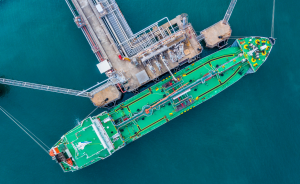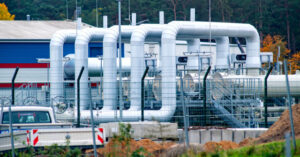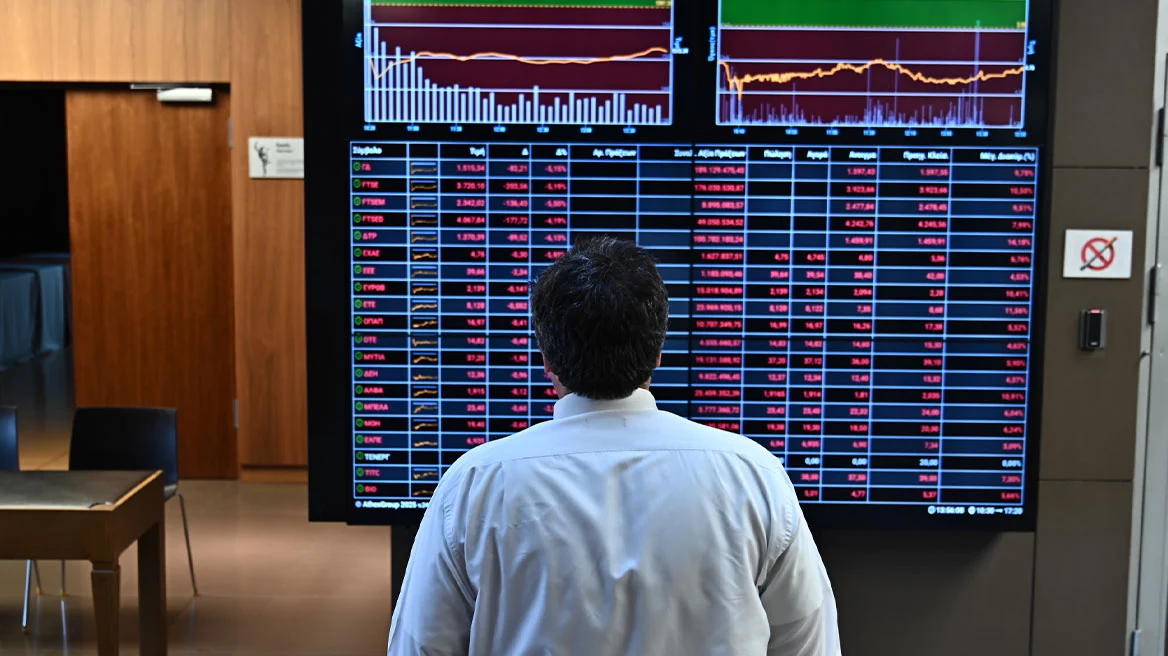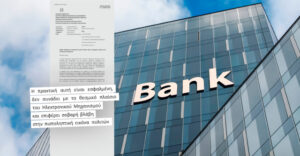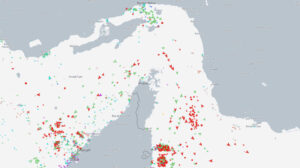Too few German entrepreneurs see Greece, and especially its energy sector, as an investment opportunity. Others are more perceptive than the Germans. During a recent visit to China for the “Beijing Foreign Policy Forum”, for example, I realized how crucial Greece is for the Chinese strategy and foreign policy: Greece is at the heart of the Chinese “One Belt, One Road” Initiative – the plan to build a modern-age “Silk Road” linking all of Eurasia. The Chinese have chosen Greece, and in particular the Port of Piraeus, as their hub into Western Europe. Already in 2015, Prokopis Pavlopoulos, the president of Greece, was the first European leader to speak about the significance this new Chinese “Silk Road” would have for the rest of the world.
The Greeks, for their part, are gratefully accepting this Chinese investment, feeling all the more snubbed by Germany during the euro crisis.
Greece understands that it is at a geographical and geopolitical crossroads. But it must now seize this opportunity to become an energy hub. If it does, it can become the gateway for natural gas flowing into Europe from three sources: first, from Central Asia and Turkey; second, from the eastern Mediterranean; and third, from its own seafloors, which cover big reserves of hydrocarbons. If Greece grasps this chance, it could at last find a model to grow its economy and make its people prosperous.
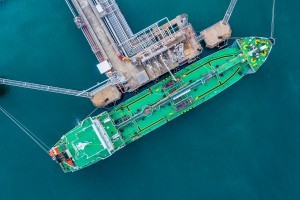
Here is why Greece holds so many geopolitical keys. The US views Greece as vital to securing the energy supply of the wider West, and to containing Russian influence in the region. Russia has left no doubt that it wants to be a major power in the region: It has bought parts of the Zohr gas field off the coast of Egypt and of oil fields in Iraqi Kurdistan. Russia also has submarines patrolling the Eastern Mediterranean. It has even come to a détente with Turkey, which also wants to dominate the flow of hydrocarbons into Europe.
But if Greece wants to become the gateway for gas flowing into Europe, it has to move fast to finish its own part of the Southern Gas Corridor, an initiative by the European Commission to bring gas from the Middle East into Europe, independently of Russia. The Greek section of this corridor is called the Trans Adriatic Pipeline (TAP). It runs from the Greco-Turkish border across northern Greece, passes through Albania and the Adriatic and into Italy. Progress looks good. Construction is more than half completed, and it could be piping gas from Azerbaijan to Europe by 2020.
This Trans Adriatic Pipeline, besides transporting gas to Italy, will also branch off to supply the Balkan countries to the north, which today depend on Russia for their gas. After some hold-ups, work is underway again for one such branch to Bulgaria. A second branch is planned to FYROM.
Another step to becoming an energy hub is the so-called Floating Storage and Re-Gasification Unit (FSRU) in northern Greece. Its role is to receive ships full of liquefied natural gas (LNG), which could even be shale gas from America, and send the gas onward to the Balkans. Two American shale-gas companies, Cheniere and Tellurian, have already expressed interest. This FSRU would be yet another measure to contain Russian energy influence. It can also be a hedge against Turkish attempts to monopolize the east-west transit routes of gas.
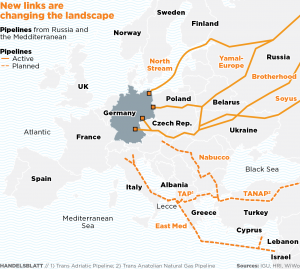
What makes Greece’s prospects even more exciting are the discoveries of hydrocarbons under the eastern Mediterranean sea bed – in the waters off Egypt, Israel and Cyprus. The search is now on for more gas in Greece, near Crete. There are even hopes of Greece one day becoming “a new Norway”. Greece, Cyprus, Israel and Italy are now cooperating under the aegis of the European Commission to bring this Mediterranean gas to Europe in an “East-Med-Pipeline”.
For the thirty years before the euro crisis, Greece wasted many opportunities in the energy sector. Now things are changing at last – to the credit of the current Greek government. Exploration projects in the Ionian Sea and near Crete have now been authorized, and Total, ExxonMobil and Eni are investing.
Greece must now do everything in its power to finish all these pipelines and projects by 2020. I, for one, am bullish that Greece can succeed. What a pity that my own country, Germany, did not see this vast investment potential during the euro crisis, when it – for that is how Greeks see it – punished Greece. Today, the smart money does not run from Greece but toward it.
Source: handelsblatt.com
Ask me anything
Explore related questions
